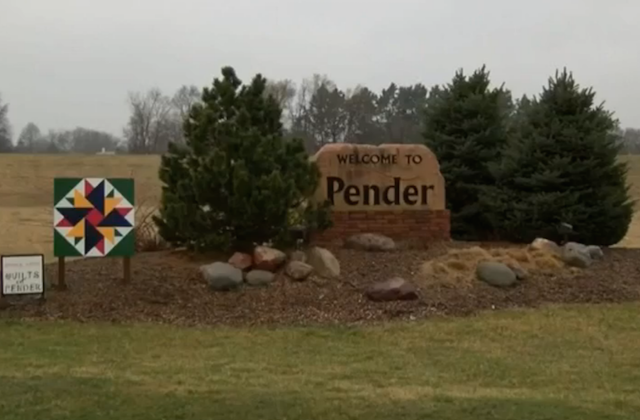The Supreme Court ruled unanimously on Tuesday (March 22) to uphold a Native tribe’s right to tax alcohol sales within their reservation.
Nebraska v. Parker arose from a 2007 alcohol beverage control ordinance that the Omaha Tribe of Nebraska enacted to regulate and tax alcohol sales within the reservation’s borders. The town of Pender, Nebraska, and seven liquor stores within it sued the tribe in federal court in 2007, arguing that an 1882 Congressional act that opened the Omaha Reservation for non-Native settlement effectively placed the town outside of the reservation’s "diminished" borders.
The unanimous decision, authored by Justice Clarence Thomas, includes the following passage:
Petitioners’ concerns about upsetting the "justifiable expectations" of the almost exclusively non-Indian settlers who live on the land are compelling. …but these expectations alone, resulting from the Tribe’s failure to assert jurisdiction, cannot diminish reservation boundaries. Only Congress has the power to diminish a reservation.
Business owners are not convinced. One Pender pizza shop owner told Siouxland Matters: "You shouldn’t have to pay tax or be taxed by someone when you don’t have any representation. I mean, that’s what this country was founded on."
The tribe is pleased with the decision. "I am especially happy for other tribes facing diminishment issues in that this opinion solidifies the precedent the Supreme Court," Omaha Tribal Chairman Vernon Miller told Indian Country Today Media Network. Miller also told Siouxland Matters that while it’s too early to tell whether or not the tribe will impose the liquor tax, he hopes future revenue will be used to improve the tribe’s 69 percent unemployment rate.
